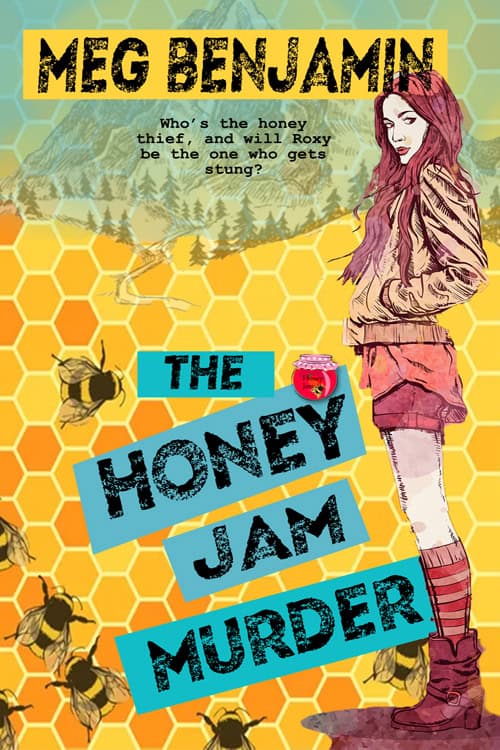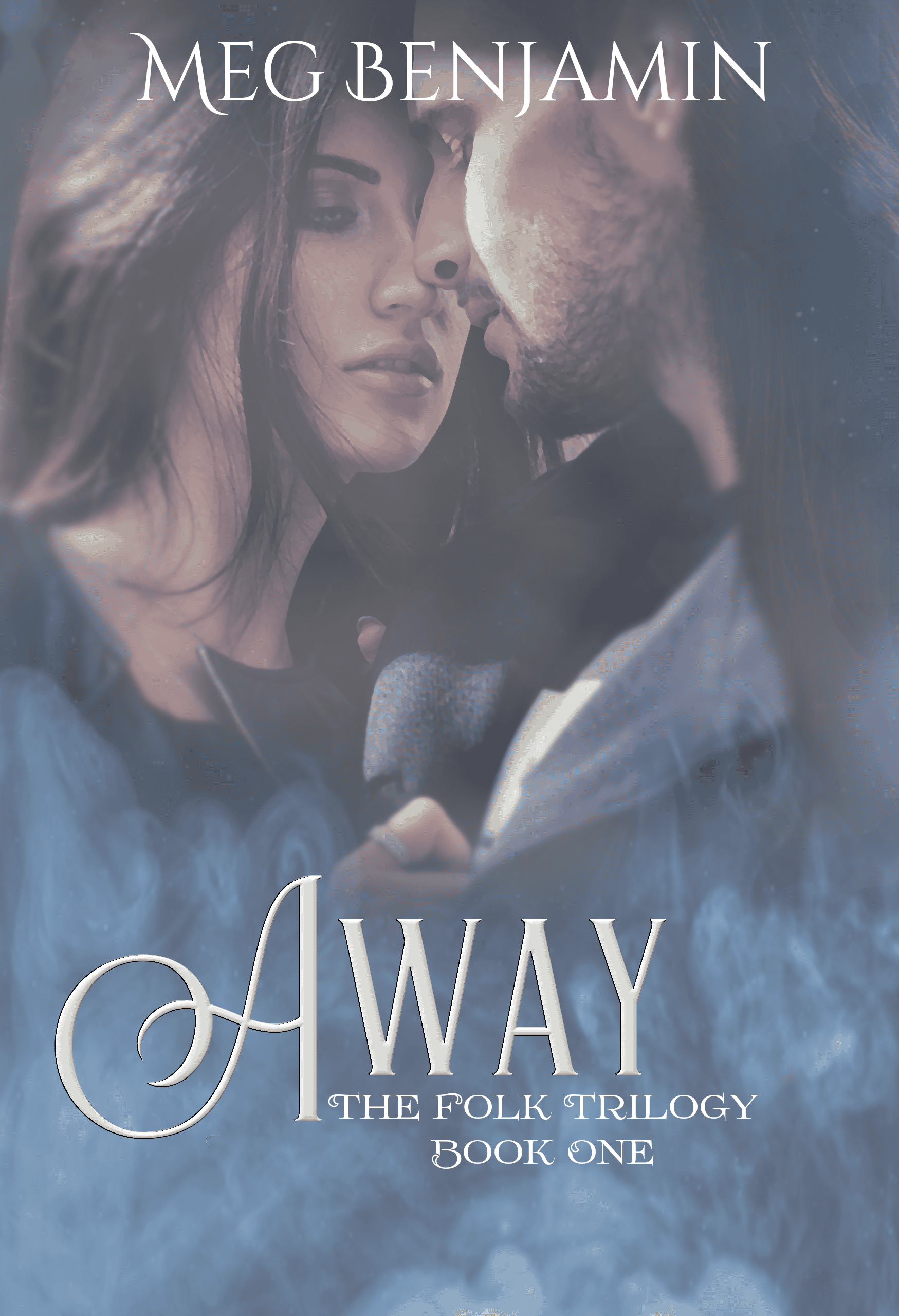And Whose Little Genre Are You?
 Nora Roberts’ Brides Quartet was a high point for a lot of us last year. It was a return to straight romance—no serial killers, escaped criminals, or power-mad master criminals to be found. And, of course, all four books were lovely, which helps quite a bit.
Nora Roberts’ Brides Quartet was a high point for a lot of us last year. It was a return to straight romance—no serial killers, escaped criminals, or power-mad master criminals to be found. And, of course, all four books were lovely, which helps quite a bit.
Those of us who write contemporary romance have been struggling a lot with a central question over the last couple of years—what’s the difference between contemporary romance and romantic suspense? The two genres are, or ought to be, distinct, yet they’ve seemed to drift closer and closer together. I think there’s one major reason for this—the necessity for creating some kind of conflict in your plot.
Now the conflict at the heart of contemporary romance is the one between the hero and the heroine—how, when, and where will they get together (the central “will they get together” question has already been settled since the novel is a romance). But that conflict alone isn’t enough to actually carry most novels. Thus the need to throw in something else. Maybe the hero and heroine work together and some huge project needs to be accomplished. Maybe there are economic problems involved and somebody’s home or business is in peril. Maybe somebody has an awful mother, father, sister, or brother (or, I suppose, uncle or aunt or cousin) whose baleful influence must be overcome. Maybe the awful person is the ex-boyfriend or ex-girlfriend who’s made it difficult for the main character to trust other lovers. All of these are standard contemporary plots, and many contemporary novels use more than one.
But more and more these days, you’ll see contemporary novelists going for crime as the complicating element. These contemporary novelists include me, of course. Most of my Konigsburg books include some kind of nefarious activity, although I’ve never included murder simply because I think that would undermine my usual light tone. Crime is an easy conflict to create. You never have to worry about whether the conflict is serious or not because crime undoubtedly is serious. And you never have to try to come up with a way to make people care about the conflict. Again, crime is the kind of thing people care about automatically.
But then the problem arises—what separates the contemporary romance from romantic suspense. If both genres center around crimes and the way people react to them, how can we talk about them as separate genres?
Shaky as it may be, I’m going to go with tone here. Most contemporary romance is light, sometimes even comic. Those of us who write it don’t always take ourselves too seriously. Romantic suspense, on the other hand, is dead serious, and frequently deadly. The difference between contemporary romance and romantic suspense can be seen in something like Jennifer Crusie’s Maybe This Time compared to Ghost Moon by Karen Robards. Both are ghost stories. Both involve a long ago murder and a more recent murder attempt. Both are fairly scary. But Maybe This Time is also funny, and Ghost Moon is not, nor is it intended to be.
I guess my point here, and yes I do have one, is that the genres aren’t strictly divided, but you can sort of make distinctions between them. Crime isn’t strictly the purview of romantic suspense, but there’s an attitude that I think belongs more with romantic suspense than with contemporary. It’s not much of a distinction, I’ll grant you, but it’s a real one. And, you can argue, if there’s a little slop-over either way, nobody’s really going to be hurt. Unless you take your genre identification very seriously indeed.
Posted in Blog • | 2 Comments









I love the idea that there seems to be a subgenre for everyone, but you make a good point here about how some get cross polinated and then the lines get blurred. I say I write Contemporary Romance, but then I wonder if I really write Romantic Comedy. Is there a difference between those two you think? And then I see someone like Jennifer Crusie proclaim that most of her books are Women’s Fiction because the story belongs more to her heroine. I would never argue with Jennifer Crusie, but I don’t think of her books as Women’s Fiction. Some of these are just open to interpretation.
So many lines makes for more opportunities, but also makes it’s hard to know what box to stand in.
I guess I’d say a book is whatever the author says it is, but I agree–I don’t think of Jennifer Crusie as a women’s fiction author. And I think most contemporary romance has a slightly comic approach, but some are clearly more comic than others.